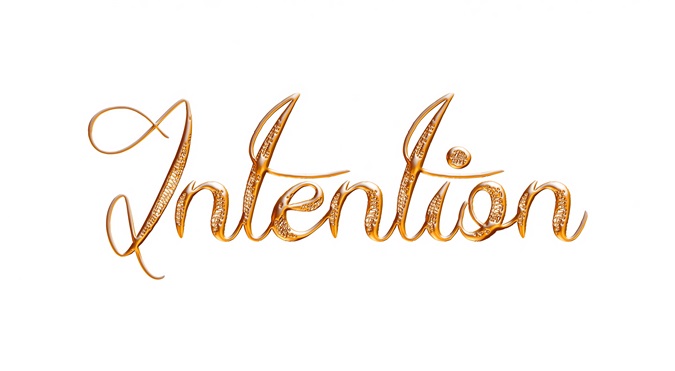Are you constantly thinking about work?
Let us help you achieve a better outcome through journalingIf after wrapping up your day at work you find yourself ruminating about work, it might not be the best for your health and wellbeing. The Japanese have a tradition of working long hours. In Japanese workplaces if someone does not agree with you, the word NO is often substituted by the word BUT. They work themselves to death and have coined a term for it, it’s called Karōshi 過労死, which literally means ‘death from overwork’.
There is a wrong way to think after work. We will help you distinguish between healthy and unhealthy after work thinking modalities. Through a journaling exercise we will help you challenge some of your core beliefs about work, so that you know the difference between healthy and unhealthy rumination. And we will help you take steps towards achieving a work life balance and being productive.
If you find yourself in a people management role, understanding how your team thinks about work once they leave office will help you manage their performance and work engagement. We will provide a journaling tip so that you are able to better understand your team and make adjustments where required. You must ensure your wellbeing is a personal responsibility; nevertheless, for people caught in the thick of things it’s sometimes difficult to be objective. It’s a win win situation if a leader is able to spot signs of burnout or disengagement early.
- Effective Rumination: According to Professor Mark Croply author of ‘The Switch Off,’ leave work on time, relax your mind but still get more done. He defines effective ruminators as “people who in their free time find it difficult to escape emotionally from their work related thoughts and become tense and frustrated because they cannot stop thinking about work issues”. Your mind will keep churning over the same issue and prevent you from unwinding and gaining restoration. You will have disturbed sleep and will awake unrefreshed in the morning.
- Problem Solving Pondering: Problem solving ponderers are people who think and ponder about work because they enjoy their work and the challenges that come with it. In work situations I recall being a problem solving ponderer, particularly on work assignments that I have found engaging and personally rewarding. However such pondering needs to be managed by scheduling downtime in order to reflect and prevent a burnout. If this type of ‘thinking about work’ is not managed effectively you can easily break on through to the other side (effective rumination).
- Detachers: The third type of people can switch off as soon as they leave work. It is possible to be a detacher and still lead a productive and rewarding work life. Detachers are able to recharge effectively during downtime and can be efficient at work. However people that are “too detached” from work are either not engaged or do not find work to be stimulating and rewarding. If you find yourself too detached from work, you might be in the wrong job.
Journaling tip to determine your after work thinking style
- How do I think about work when I am not in office? Am I an effective ruminator, problem solving ponderer or a detacher? What is my thinking style after work?
- Begin challenging your core belief about work. In your wellness journal begin collecting following evidence for one week. Here is an example –
Collect evidence of behaviours that support your core belief about work
- Check emails multiple times at home.
- Irritable and lack of patience
- Sense of urgency
- I have to work through my lunch hour.
- I have to spend time on the weekend working.
Collect evidence for reasons/motives behind your behaviour
- I might fall behind with my emails. I need to stay informed and on top of things at all times.
- I have to manage everything.
- I can’t rely on anyone for support
Collect evidence to oppose the behaviour
- Instant response is not expected of me.
- Last week there were emails that I could have easily ignored as issues highlighted in those emails resolved straight after.
- If it’s urgent people will make a follow up.
- Now begin identifying behaviours to change your core beliefs and collect evidence of your progress.
What behaviour have you decided to change your core beliefs?
- On Wednesday I will leave my work laptop in the office.
- I will switch off my blackberry at 7:00pm.
- I will begin looking out for people that I can seek help from or delegate.
- I will have a discussion with my boss about reducing some of my work load.
- I will take my lunch breaks and go for a walk.
Collect evidence of behaviour where you have supported the changes you decided to make
- I was tempted to check my phone but I was able to overcome that temptation three days last week.
- I went for lunch with an old friend during my lunch break. It felt so good.
- I spoke to my boss about reducing some of my deliverables. He was considerate and extended the deadline.
Journaling tip for a team manager
If you have been working with your team for a while you will have an idea of their working style. Plot each team members ‘after work thinking style’ on this chart. Next time when you have a one on one discussion with them (or whenever else you deem fit) ask them questions regarding their stress levels, workload, need for downtime, more engagement or challenges at work. Psychic abilities are not required, however to be an effective leader managing the psychology of your team is imperative. Asking the right questions is the best way to gain deeper insights and develop more innovative solutions. Here is an example –
Affective Ruminator
Jane
Jerry
Problem Solving Ponderer
Tom
Tamara
Rodney
Cassandra
Detacher
Becky
Jessie
Christine
Daisy
Too Detached
Tim
Jared
From Bronnie Ware’s book – Top 5 Regrets of the Dying
- I wish I’d had the courage to live a life true to myself, not the life others expected of me.
- I wish I hadn’t worked so hard.
- I wish I’d had the courage to express my feelings.
- I wish I had stayed in touch with my friends.
- I wish that I had let myself be happier.
Words To Grow By
Peter Kinderman
“Rumination tends to be eased if we learn to be mindful; if we are able to be aware of, and understand how our own thoughts work.”





